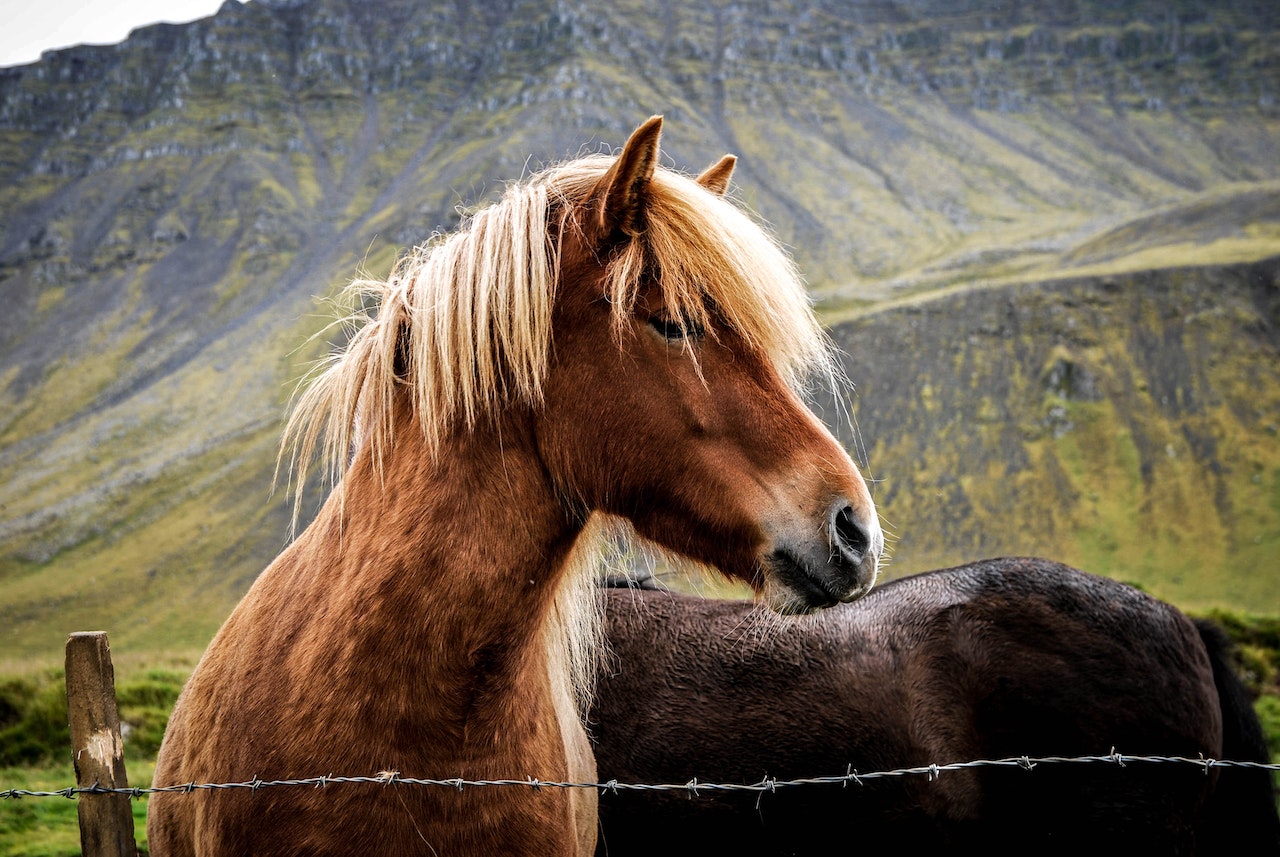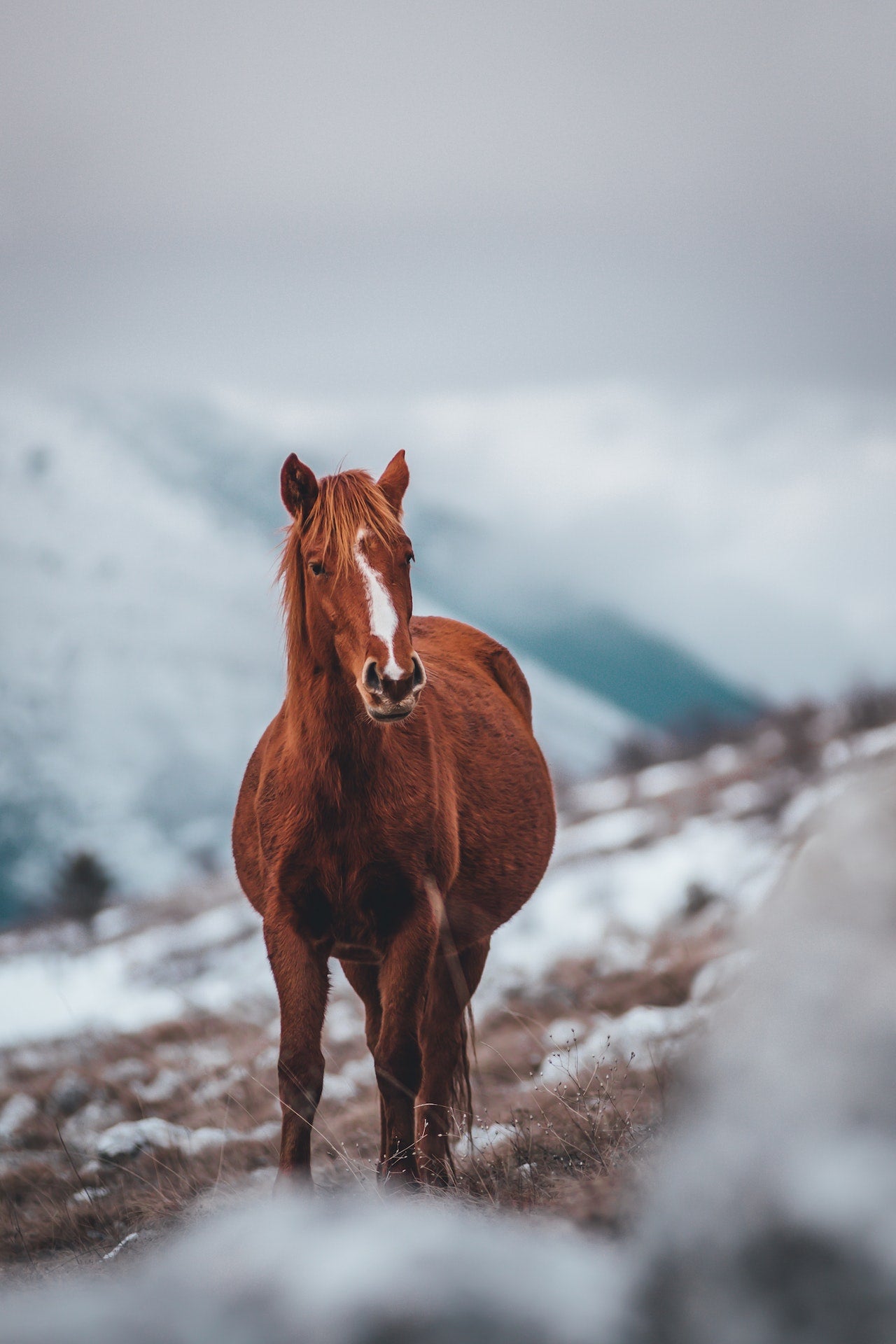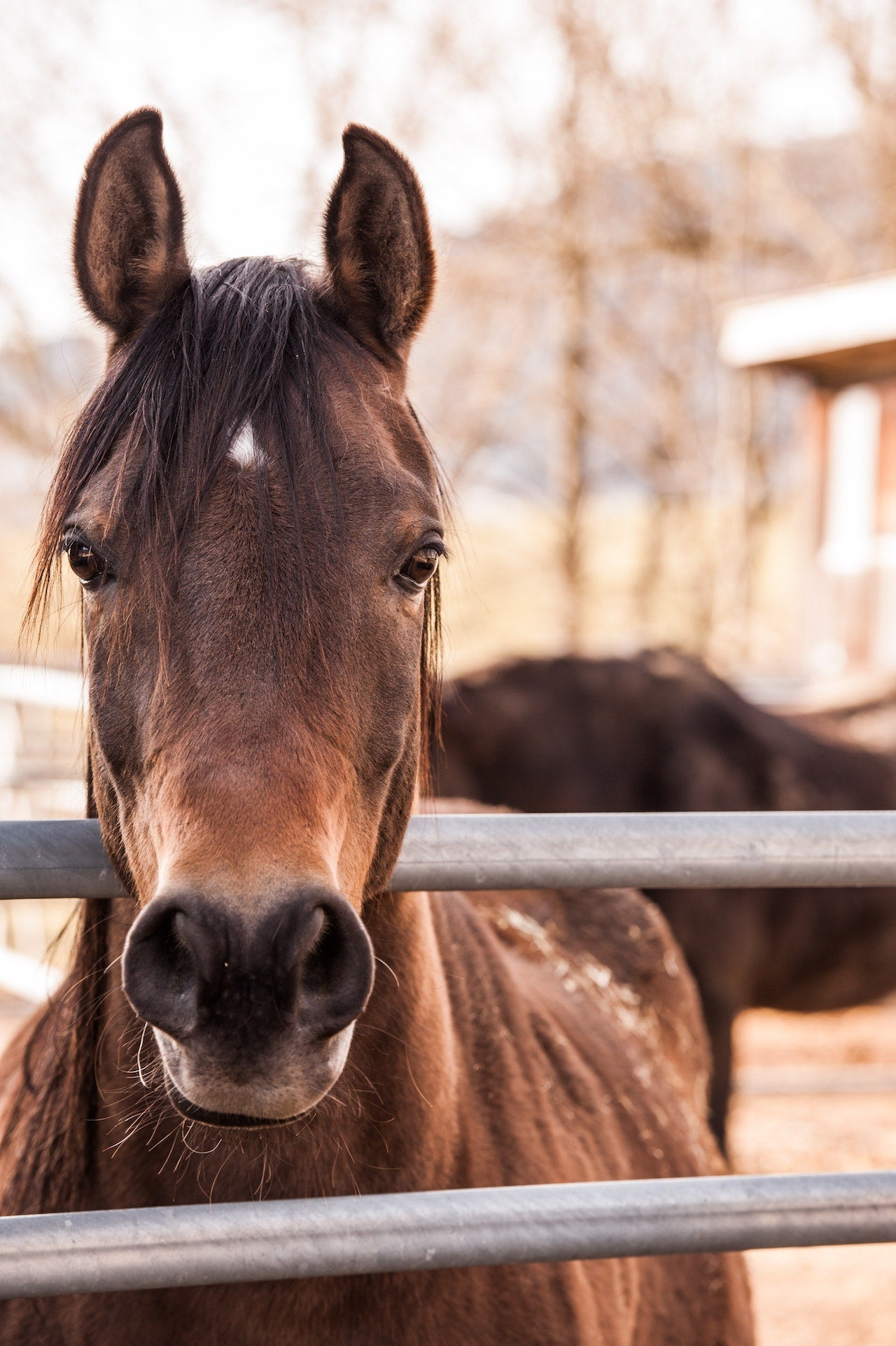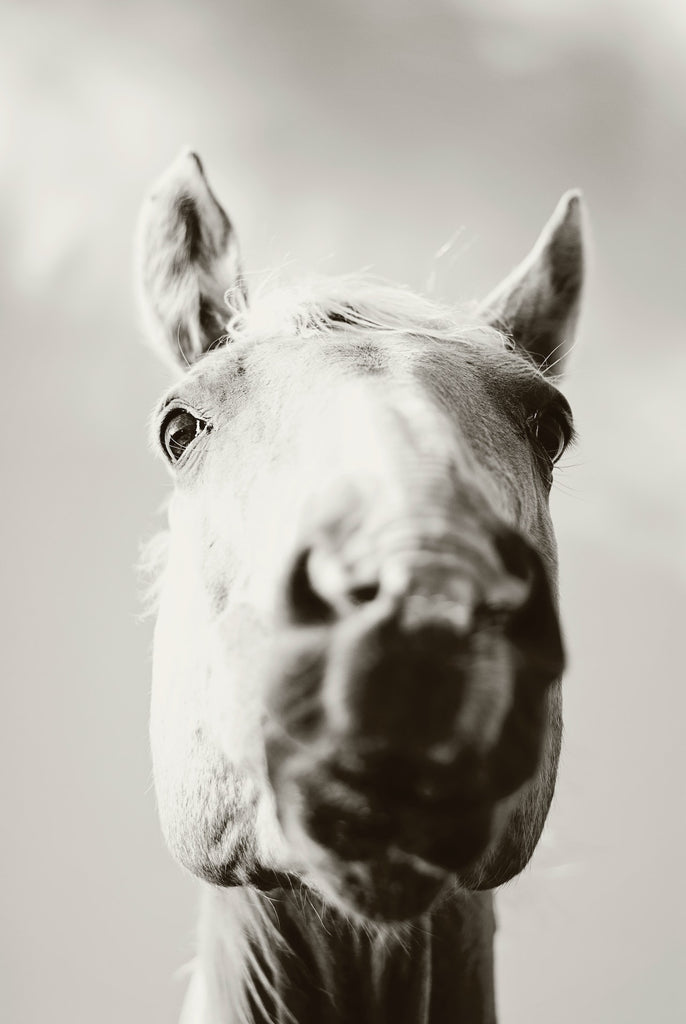
Nature’s Bounty: Exploring the Potentials of Weed in Horses’ Diet
In this insightful piece, we set out to investigate the unusual idea of feeding weeds to horses. Yes, you heard correctly. The obtrusive, undesired plants that grow in our gardens and pastures may be hiding a treasure trove of nourishment for our horse friends.
We dig into the complexities of equine nutrition, identifying horses' natural grazing habits and dietary needs. We sift through the enormous variety of weeds, determining which ones are risk-free and suited for horse intake with a vigilant eye on safety and good health.
The nutritional worth of common edible weeds will astonish you as we reveal their rich composition of necessary vitamins, minerals, and other helpful substances. So, mount up and come along as we explore the world of equine nutrition and uncover the hidden potential of feeding weeds to horses.
Can Horses Eat Weeds?
Yes, some weeds are safe for horses to consume, but not all weeds are. Recognising and eliminating weeds from horse grazing areas that are poisonous or dangerous to horses is crucial. Given alternative fodder alternatives, horses, inherently selective grazers, frequently avoid hazardous plants.
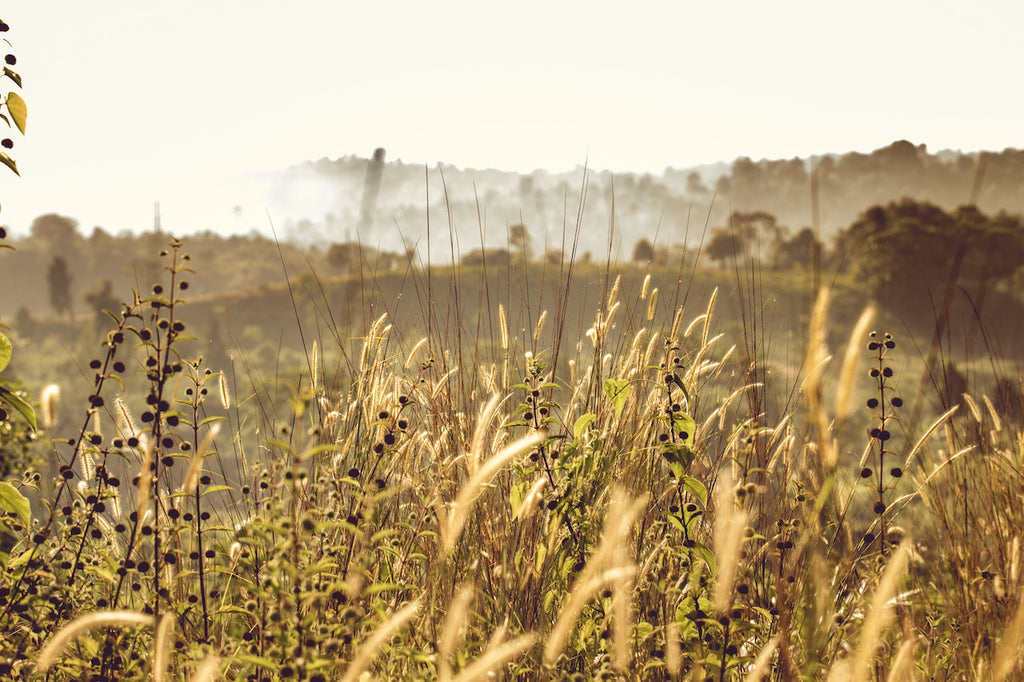
Weeds
Weeds are generally referred to as unwanted plants that spread to undesirable places. They frequently out-compete desirable plants for resources like sunshine, water, and nutrients because they are generally fast-growing, aggressive, and robust. There are many different ecosystems where weeds can grow, including gardens, lawns, fields of crops, and natural landscapes.
It's crucial to keep in mind that not all weeds are dangerous, even though they are frequently treated as annoyances and actively handled or eliminated in many circumstances. In truth, certain weeds may perform important ecological tasks like stabilising the soil or giving pollinators a home and food source.
It's crucial to remember that not all weeds are suitable for ingestion when it comes to feeding them to horses. Some are poisonous or hazardous to horses and may have negative health impacts. To maintain the safety of horses and prevent future problems, it is essential to correctly identify suitable edible weeds.
Identifying Safe Weeds for Horses
Although horses are natural grazers and may eat some weeds, it's important to use caution and the correct identification. Here are some tips to help you recognise weeds that are safe for horses:
Proper Identification
To prevent feeding poisonous plants to horses, accurate weed identification is essential. To guarantee accurate identification, seek the advice of specialists, utilise reliable plant identification tools, or speak with a veterinarian or equine nutritionist.
Local Ecosystem Consideration
It's crucial to take into account your area's weed population as well as the local ecology. The types of weeds that are safe in one area may not be safe in another. Learn about the typical edible weeds that might be found in your area.
Nutritional Composition
Think about the weed's nutritional profile. Safe weeds for horses to eat often include advantageous vitamins, minerals, and fibre. Knowing the weed's nutritional content can assist guarantee that it enhances the horse's diet as a whole.
Known Edible Weeds
It is recognised that several common weeds are safe for horses to ingest in moderation. Dandelions, plantains, chickweed, clover, and many more are examples. Before giving particular weeds to your horse, do your homework and make sure they're safe.
Common Edible Weeds for Horses and Their Nutritional Benefits
Dandelions
Horses may eat dandelion flowers and leaves, which also contain fibre, calcium and potassium as well as vitamins A, C, and K. They additionally contain advantageous antioxidants.
Plantain
Both ribwort plantain and common plantain are safe for horses. Fibre, vitamins A and C, and minerals like calcium and magnesium are all present in good amounts.
Chickweed
Horses enjoy the nourishing plant known as chickweed. It also contains calcium, potassium, and other minerals and is abundant in vitamins A and C.
Clover
Red and white clover and other types of clover are frequently seen in pastures and are edible for horses. They include fibre, calcium, phosphorus, magnesium, and protein.
Mallow
Horses may consume several mallow species, including common and dwarf mallow. They provide calcium, potassium, and vitamins A and C.
Nettle
When handled carefully to remove the stinging hairs, young nettle leaves can be fed to horses. They offer iron, calcium, vitamins A and C, as well as other nutrients.
Precautions and Guidelines
Gradual Introduction
Gradually include new weeds into the horse's diet. Start slowly and evaluate the horse's response. If any negative effects appear, stop feeding the marijuana right away.
Moderation
Moderately feed the weeds. To maintain a balanced diet, even harmless weeds should be provided in the right amounts. Weeds included, too much of any one plant can upset the balance of nutrients and perhaps cause stomach problems.
Rotational Grazing
Rotational grazing should be taken into consideration when adding weeds to a grazing system. As a result, the horse's diet is balanced and some plants, like weeds, aren't overgrazed.
Quality Forage
Though they might contribute to your diet, edible weeds shouldn't take the place of high-quality hay or grass. For the horse's general health, a balanced diet that includes suitable forage sources is still crucial.
Weed Management
Use efficient weed control techniques to reduce the amount of undesired and poisonous plants in grazing areas. Examine pastures and grazing areas frequently to get rid of poisonous plants. Learn about the prevalent harmful plants in your region and eliminate them right now.
Common Toxic Weeds to Avoid
Ragwort
Ragwort is a weed that is extremely poisonous to horses. Ragwort consumption can cause liver damage and possibly death. Ragwort must be eliminated from pastures, and hay must be free of pollution.
Bracken Fern
This weed has poisons that can make horses thiamine deficient. Long-term use might cause neurological problems and weight loss.
Hemlock
Hemlock is a plant that is extremely toxic and can be fatal to horses. Significant respiratory and neurological issues brought on by ingestion might result in paralysis or even death.
Yew
Yew is a poisonous plant with a high level of toxicity that makes it extremely harmful. Horses can die from ingesting the yew plant in any part, including the leaves and branches.
Nightshade (Solanum)
Several kinds of nightshade, including deadly nightshade and woody nightshade, contain poisonous alkaloids. Neurological symptoms, stomach problems, and even death might result from ingestion.
Foxglove (Digitalis)
Foxglove contains cardiac glycosides that can significantly impair a horse's heart function. Heart rhythm irregularities, cardiac arrest, and death can result from ingestion.
Buttercups
Although not very hazardous, buttercups contain irritant chemicals that, if taken in excessive numbers, can lead to mouth sores and gastrointestinal discomfort.
Oleander
Often known as Nerium oleander, is extremely poisonous to horses. Ingestion can cause serious heart difficulties, and digestive complications, and could be deadly.
Concluding Words
When done with care and expertise, feeding weeds to horses may be a useful practice. Although not all weeds are acceptable for human consumption, several popular weeds may provide variety and nutrients to a horse's diet. But it's crucial to correctly recognise weeds, feeds them gradually, and observe the horse's reaction.

